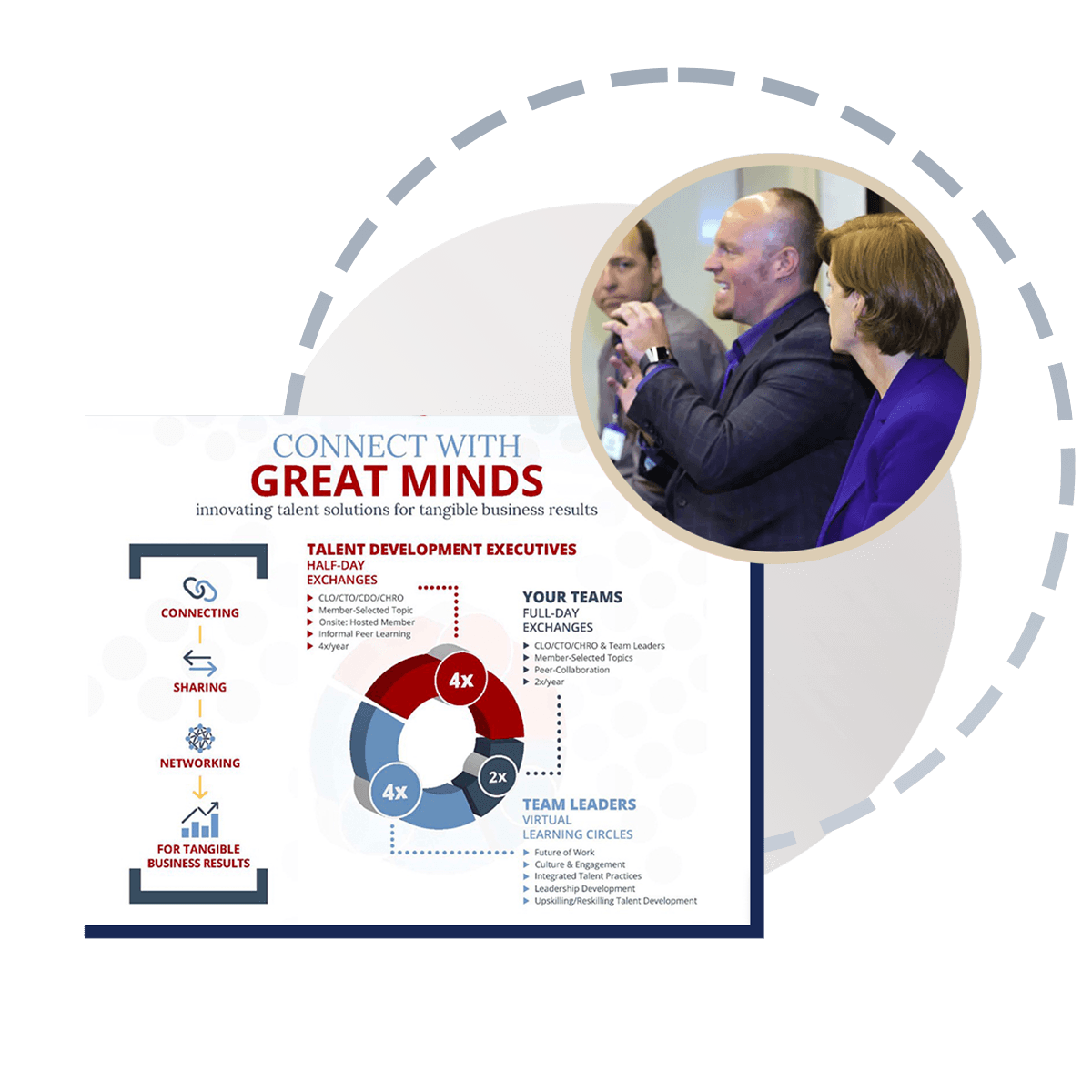This session covers reinventing K-12 and higher education to better prepare students for the future of work. Academia and industry panelists discuss challenges in equipping students with human skills like communication, problem-solving, and teamwork. Key solutions include experiential learning, apprenticeships, coaching/mentoring, and adapting organizational culture to leverage new generations' strengths. Three key takeaways are:
- There is a skills gap between traditional education and employer needs like critical thinking and communication.
- Experiential learning opportunities help provide missing real-world experiences
- Adapting organizational culture and integrating younger generations through coaching/mentoring is crucial.
Partnerships between educators and employers are needed to align curricula with skills-based hiring.
In this session, we will explore these key questions:
- Why apprenticeships?
- What are the tradeoffs for students and employers?
- What skills are scarce in the talent pool?
- How should education and the talent strategy change?
- How are you approaching problem solving with your students to develop critical thinking and practical skills?
- What challenges are you seeing in recruits coming out of school in terms of professional skills and workplace readiness?
- How is your current organizational culture adapting to integrate younger generations and their strengths?
- How can employers and educators build partnerships to better align curricula with developing skills needed for the future of work?
